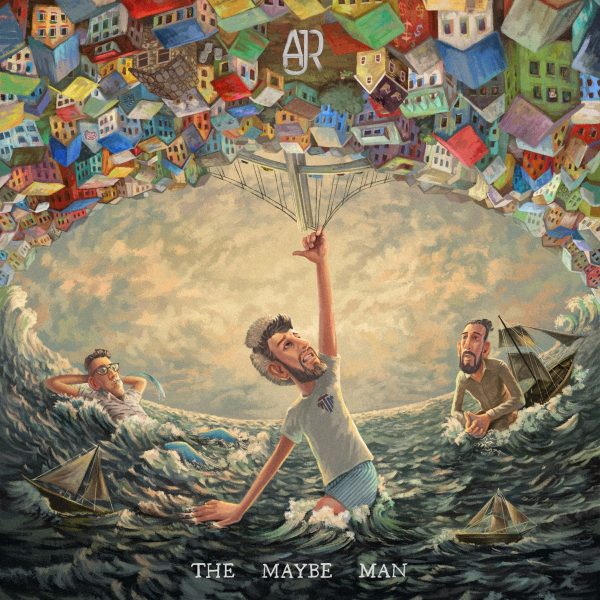Bandersnatch Review

April 29, 2019
Behind multi-colored words in various fonts and codes there lies the virtual reality of a 1984 teen programmer. Black Mirror’s “Bandersnatch” gave power a new definition being the first series on Netflix to introduce an interactive episode.
Audience members are able to play God, by choosing the fate of the main character, Stefan Butler; a teen game programmer. They are able to choose different options that Netflix presents.
The story leads with Butler being given the offer to have his game sponsored by a prominent gaming company. As the story progresses, he has an increasing paranoia that something or someone is controlling him due an urge of carrying out actions that he doesn’t want to do.
Although it is possible to choose either one, the storyline wouldn’t continue until the audience took up the offer. This gives the audience a metaphor about power. Although the concept of control for entertainment seems enticing, the overall performance of “Bandersnatch” didn’t live up to its Black Mirror label. Black Mirror is known for its meaningful tie backs to society’s life risking obsession to technology.
Examples range from the ‘Hang the DJ’ episode where you can choose to follow your gut or javascript (a programming system) when the two characters’ pursuit of love. But even then, the episode illustrated that technology predicted the participants urges.
This begs the question, does technology give the illusion that we’re in control when really it’s controlling us? This is the general theme of Black Mirror episodes, realizing that we are not as powerful as we think we are and things are not as they seem.
Black Mirror grabbed our attention by showing the devastating consequences of looking over this fact. Unfortunately, “Bandersnatch” conveys this powerful message inferior to its fellow Black Mirror episodes. My issue verges from it’s frame, or lack thereof. Because it’s interactive, the story line varies leaving multiple possible endings.
The focus on having multiple endings left each ending individually weak. “Bandersnatch” tries to make a point by giving few options, showing who really has the power to make choices. This is hardly exceptional.
The whole allure to the show was how many episodes showed the mental and societal havoc that sprouts from ignoring the power we give to technology. The audience is meant to be the character who is blinded by supposed power over others. As I’ve mentioned this is supposed to be the big unwravelled message in the episode.
If I were to judge the episode solely on its own, it would be fine. If I was comparing “Bandersnatch” to other episodes, the message is simply not as hard hitting. Little drawbacks and idioms within his memories aren’t impressive.
There is no big bow tie that wraps everything up in the end. The message is carried throughout the plot with no impact. There is now climax in its meaning because it’s shown throughout the story.
Although I do appreciate the overall series of Black Mirror, this episode was a disappointment, especially for being Netflix’s first interactive.
If there was a metaphorical rise and climax then I wouldn’t be as bitter about the episode. There wasn’t a shock in the end of the episode. To summarize, the episode was disappointing and had many opportunities to portray the message that it has with every other episode of Black Mirror.














